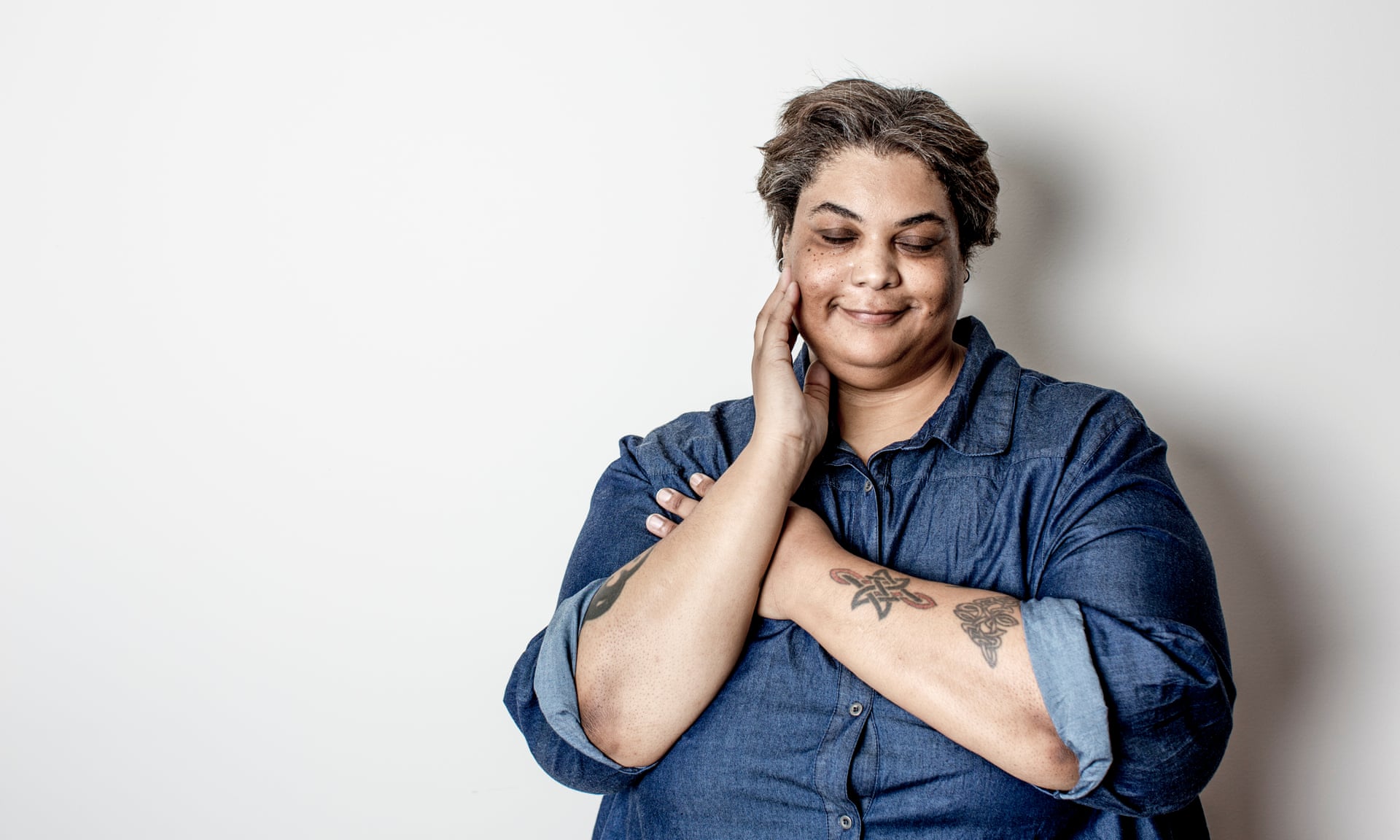‘This reckoning has been a long time coming’
Professor Roxane Gay delivered The Beatty Memorial Lecture at McGill University on Thursday, Oct. 11. Gay is an internationally acclaimed cultural critic and author the short stories Ayiti and Difficult Women, as well as Bad Feminist, which the The New York Times deemed to be “a manual on how to be human.”
A McGill tradition since 1952, The Beatty Memorial Lecture series annually hosts some of the greatest minds from around the globe. According to The McGill Tribune, the 2017 lecturer was famous philosopher Charles Taylor. Faculty members, students, academics and patrons from all walks of life engage in a public conversation and openly share ideas.
Gay was at Le James McGill bookstore for an hour and a half signing books before the lecture, with more than 600 people waiting for her in front of Pollack Hall. About 200 people tuned in to the live stream that was made available on YouTube.
After Nantali Indongo, the event’s moderator, introduced the lecture, she invited Gay to join her on stage. Gay began by reading pages from Hunger: A Memoir of Body, which spoke about her relationship with her body and weight. An article by Laura Snapes in The Guardian explained that Gay’s memoir “deals with [her] rape at the age of 12 and the lifelong consequences of her decision to make her body as big as possible as a form of self-protection.” @McGill_VPRI tweeted a quote by Gay: “I don’t have all the answers. I just write truthfully about the body that I have, in a world that is often hostile.”
Gay proceeded to speak about the #MeToo movement, Harvey Weinstein, Brett Kavanaugh, Bill Cosby, and the percentage of women who voted for Trump—all significant events of this past year. Twitter user @barbirite shared another quote by Gay: “53 per cent of white women voted for Trump. And I’m gonna say that over and over and over again because it’s a horrifying statistic, because they’re voting their own rights away.”
“Justice felt like a real, tangible thing rather than a vague, illusory ideal. This reckoning has been a long time coming,” Gay said. Victims of sexual violence and sexual harassment continue to await justice, she added, proving that she is more of a realist than an optimist. “Hope is too ephemeral, too inconsistent, too fleeting. This is a brutal time […] Every day there is new information about men who have abused their position or acted inappropriately or committed crimes against women.”
@McGill_VPRI shared a final quote from Gay: “I am often asked to describe #Feminism and I don’t answer that question anymore, because honestly it’s 2018. How can you not know?”




